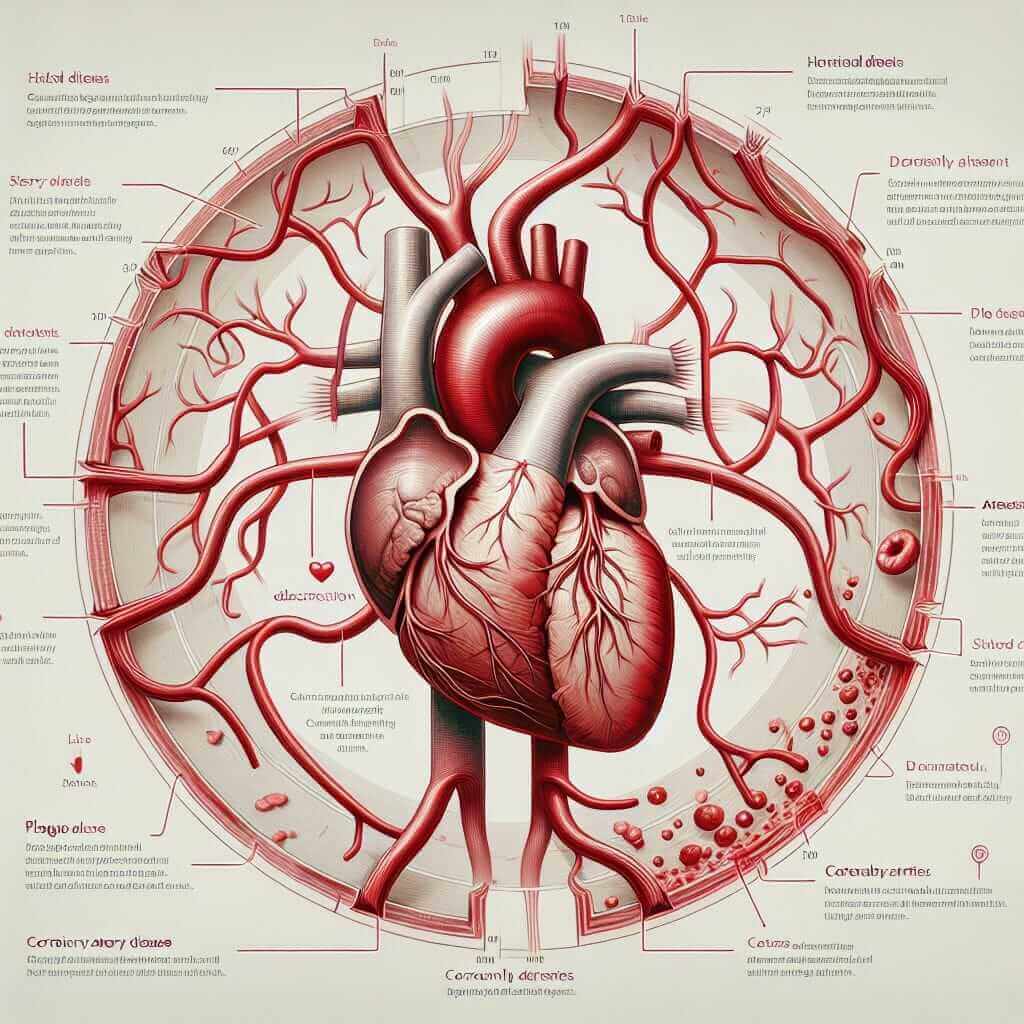The word “coronary” is a common term in the IELTS exam, particularly in the Listening and Reading sections, often appearing in contexts related to health and lifestyle. Understanding its meaning and usage is crucial for achieving a high score. Let’s delve into the intricacies of “coronary” and explore how to incorporate it effectively into your IELTS vocabulary.
Here are some synonyms and related terms for “coronary”:
- Cardiac (adjective): /ˈkɑːrdiæk/: Relating to the heart.
Example: Smoking significantly increases the risk of cardiac disease. - Cardiovascular (adjective): /ˌkɑːrdioʊˈvæskjələr/: Relating to the heart and blood vessels.
Example: Regular exercise is essential for maintaining good cardiovascular health. - Myocardial infarction (noun): /ˌmaɪoʊˈkɑːrdiəl ɪnˈfɑːrkʃən/: A heart attack.
Example: The patient was admitted to the hospital with a suspected myocardial infarction. - Angina (noun): /ænˈdʒaɪnə/: Chest pain caused by reduced blood flow to the heart.
Example: He experienced angina after climbing a flight of stairs.
Understanding “Coronary”
Definition and Pronunciation
“Coronary” (pronounced /ˈkɔːrəneri/ ) is an adjective primarily used to describe things related to the arteries that supply blood to the heart muscle.
Usage in Context
You’ll often encounter “coronary” in phrases like:
- Coronary artery disease (CAD): This refers to the narrowing or blockage of the coronary arteries, often due to plaque buildup.
- Coronary heart disease (CHD): This is a broader term encompassing various heart problems caused by CAD, including angina and heart attacks.
- Coronary thrombosis: This describes the formation of a blood clot within a coronary artery, a common cause of heart attacks.

“Coronary” in the IELTS Exam
Listening Section
You might hear “coronary” in lectures or conversations about health, lifestyle factors, or medical breakthroughs.
Example: In a lecture on risk factors for heart disease, the speaker might say, “Smoking, high cholesterol, and lack of exercise can all contribute to coronary artery disease.”
Reading Section
Passages on health, biology, or medical research often use “coronary.”
Example: An article about a new treatment for heart disease might state, “The innovative procedure aims to improve blood flow in patients with coronary artery blockage.”
Applying “Coronary” in Your IELTS Responses
Writing Task 2
Imagine an essay question about the increasing prevalence of heart disease. You could write:
“One major contributor to the rise in coronary heart disease is the adoption of sedentary lifestyles.”
Speaking Part 3
If asked about health challenges facing modern society, you could say:
“Stress, unhealthy diets, and lack of physical activity are significant risk factors for developing coronary problems later in life.”
Collocations with “Coronary”
- Severe coronary artery disease
- Risk factors for coronary heart disease
- Treatment of coronary blockage
- Prevention of coronary events
- Impact of lifestyle on coronary health
Idioms and Expressions
While there aren’t many idioms directly using “coronary,” you can use related expressions like “heart health” or “a matter of the heart” to discuss similar themes.
For further exploration of vocabulary related to health and the human body, you can check out resources on coronary artery.
Conclusion
Mastering vocabulary related to health is crucial for IELTS success. By understanding and confidently using words like “coronary” and its related terms, you can enhance your lexical resource score and demonstrate your ability to discuss complex health topics effectively. Remember to practice using these terms in context to improve your fluency and accuracy.